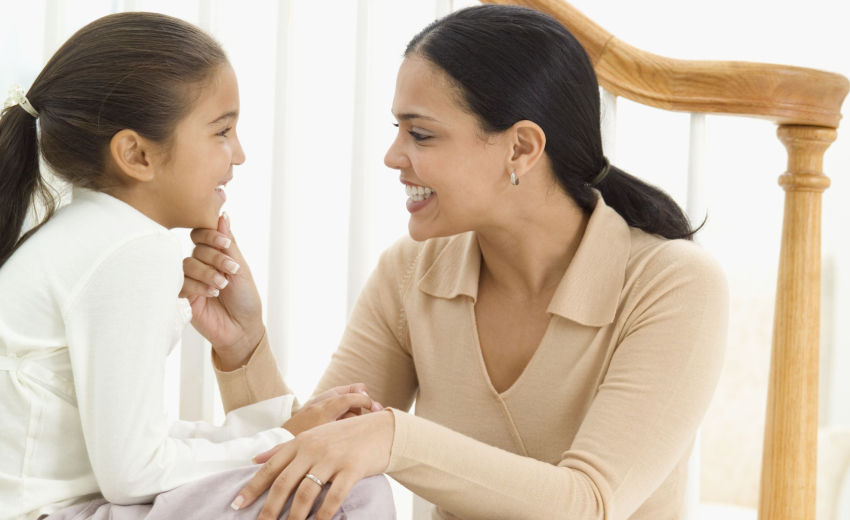
The strongest human tie is said to be between parents and children.
No one or nothing can break an unbreakable emotional chain, an unseen energetic thread.
An adage goes, “We hold our kids in our hands for a brief time, but humans carry them within our hearts forever.” The bond between mom and baby is one-of-a-kind, forming from conception, manifesting at birth, and lasting throughout life.
Fetal cells, which include the baby’s DNA, eventually become a part of the mother’s body, and some specialists believe that foetal cells may even be able to provide cancer protection. Fetal cells can also nourish stem cells, develop new cells in the mother’s brain, and even aid in heart healing.
Other investigations have shown foetal cells in the mother’s bones, liver, and lungs, implying that such cells have established a permanent residence in the mother’s body.
“When we exit the womb, we are completely reliant on the mothers in whose body we have grown up, upon her love and care. The newborn youngster must direct all of his senses and abilities toward the mother. She is in the midst of a new chapter in her life. The mother is the physical, emotional, and spiritual growth of her child. The mother & the child are indeed a unit in the soul, emotion, and thinking from the moment of conception “, says Franz Ruppert, a trauma psychotherapy specialist.
The child’s interaction with his parents are the best teachers has a lasting impact on his adult life.Empathy, desire to share, affection, & share, inhibitors to hurt, of doing harm, the ability to feel loved, as well as countless other trait (including their ability to be happy) are linked to basic skills, attachment, which are created in early childhood and thus are influenced directly by the child’s relationship with his or her parents.
A strong bond between a kid and his or her parents, particularly the mother or primary caregiver, is linked to developing new healthy interpersonal interactions. In contrast, a deficient, sentimentally bad attachment is linked to emotional deficits.
The child’s most critical emotional needs:
Apart from meeting basic needs, the child’s emotional needs must be met for the harmonious development of his personality: respect (which includes freedom of expression and decision-making), sincerity (even well-intentioned lies by parents confuse him), acknowledgement (the child needs the company and attention of his parents).


